Related: Biggest ‘Real Housewives’ Feuds Ever — And Where the Relationships Stand Today
Advertisement
Garcelle Beauvais, Dorit Kemsley. Bravo (2)
Garcelle Beauvais confronted Dorit Kemsley about her “unconscious Karen behavior” during a tense Real Housewives of Beverly Hills scene.
“There’s a pattern with you that I don’t know whether you’re aware of or not, but I’m just going to be completely blunt,” Garcelle, 57, told Dorit, 47, during the Wednesday, January 3, episode of the Bravo series. “I feel like two years ago, we were talking about people of color. Has there been growth since the last time you were like, people of color have worked for you?”
During her confessional, Dorit said that being called a “Karen” is a “very, very serious, dangerous accusation.” She added, “It’s hurtful, and that accusation holds a lot of implications. I’m not feeling comfortable with this at all.”
Garcelle and Dorit’s conversation came after an argument between the two women at Crystal Kung Minkoff’s house during the prior RHOBH episode. During their back-and-forth, Dorit claimed Garcelle was “attacking” her and didn’t understand why that term was an issue. (During a 2021 RHOBH episode, Dorit said she has “very multicultural” people who work for her, which inspired a similar conversation with Garcelle.)
“The word ‘attack’ just hit me in the wrong place,” Garcelle admitted during Wednesday’s episode. “There’s certain words, when you point them at me, it has a completely different impact. You have to know who you’re dealing with.”
She continued, “There are three words you don’t say to Black women: You don’t say ‘aggressive,’ you don’t say ‘attack’ and you don’t say ‘angry,’ because that’s labeling us.”
Dorit doubled down on what she claimed was an “innocent” use of the term. “If it’s offended you in any way, I’m very sorry,” she added.
Garcelle said she was offended by their previous interaction, revealing that she had been “emotional” over it for two days.
“I’m not here to educate you, that’s not my job. I don’t have the bandwidth to do it,” Garcelle continued. “But I feel like you need to be aware of who you’re talking to and when you’re talking to them and what you say.”
Garcelle accused Dorit of using the term “attack” to hurt her, but Dorit denied that allegation.
Dorit Kemsley, Garcelle Beauvais. David Livingston/Getty Images
“Why else would you say it?” Garcelle asked. In her confessional, Garcelle added, “This is exactly why she gets under my skin.”
She went on to say that Dorit was “on the defense” and “not listening” to what was being said.
Dorit later asked Garcelle why she keeps “raising this” issue. “What does it feel like, that I’m racist?” she asked.
“I’m not labeling you,” Garcelle responded. “If there’s racist undertone, that’s not my fault. … I’m not calling you anything.”
Dorit then apologized for using the term “attack” but wanted to know whether there was something else that Garcelle needed to address.
“You’re a child of the world, you speak four different languages. Why don’t you understand that being in my shoes is different than being in your shoes?” Garcelle asked.
Dorit replied, “I most certainly understand that, and I’ve never suggested otherwise.”
Dorit went on to say that she hopes she and Garcelle can meet some “common ground” at some point in the future. She added, “It definitely feels like everything is on me right now.”
Garcelle admitted that Dorit was “getting under [her] skin” at the moment, adding, “The last straw was you saying that I attacked you. I don’t know how we’re going to move forward, but I’m going to try because I don’t hate you.”
The Real Housewives of Beverly Hills airs on Bravo Wednesdays at 8 p.m. ET.
Garcelle Beauvais confronted Dorit Kemsley about her “unconscious Karen behavior” during a tense Real Housewives of Beverly Hills scene. “There’s a pattern with you that I don’t know whether you’re aware of or not, but I’m just going to be completely blunt,” Garcelle, 57, told Dorit, 47, during the Wednesday, January 3, episode of the
Us Weekly Read More
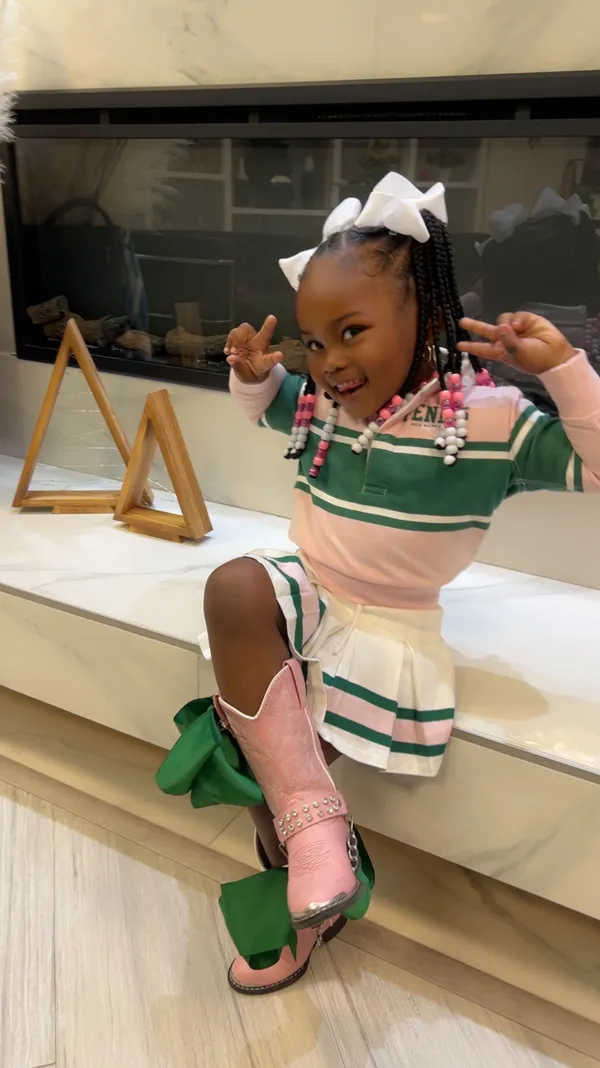
Starkville, Mississippi — The viral rise of 4-year-old LaR’iyah Jesireé, better known as “Ms. Shirley,” has captivated millions on TikTok and Instagram. But as her fame grows, so too does a wave of public concern—particularly over her appearances at meet-and-greet events attended by adults, including grown men, raising urgent questions about child safety, parental responsibility, and the blurred boundaries of social media stardom.

Ms. Shirley’s infectious line dances, especially her signature “Boots on the Ground” routine, have made her a household name in the world of social media. With over a million followers and appearances on national television, she’s become a symbol of youthful talent and joy.
But behind the viral videos lies a controversy that has split public opinion. Critics argue that the very events fueling her fame—public meet-and-greets, often at venues not designed for children—expose her to adult environments and attention that are inappropriate for someone her age.
Latisha Tucker, Ms. Shirley’s mother, has not shied away from the criticism. She maintains that her daughter’s appearances are carefully managed and that the backlash is fueled by outsiders who misunderstand their intentions. Tucker has publicly stated that any earnings from Ms. Shirley’s fame will be set aside for her future, and insists that her daughter is simply “being a kid like any other kid.” Still, she acknowledges that the scrutiny comes with the territory of internet celebrity.
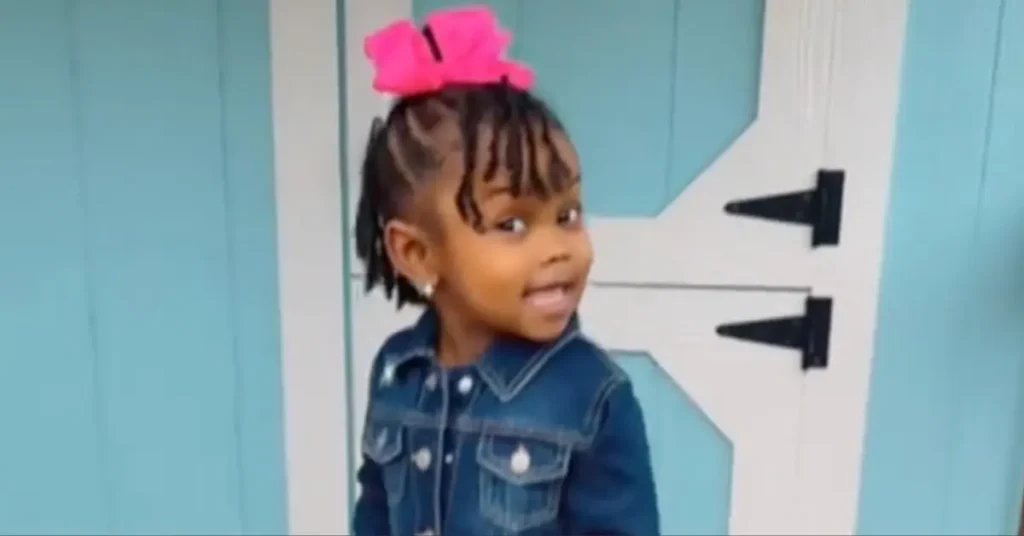
The uproar over Ms. Shirley’s meet-and-greets is part of a larger debate about the responsibilities of parents who share their children’s lives online, the adequacy of social media safeguards, and the potential for exploitation in the pursuit of viral fame. As platforms like TikTok continue to blur the lines between childhood and celebrity, the story of Ms. Shirley stands as a flashpoint—one that forces parents, platforms, and audiences alike to confront uncomfortable questions about where to draw the line.
| Issue | Description |
|---|---|
| Adult Attendance at Events | Grown men and other adults present at meet-and-greets, sparking safety concerns |
| Parental Oversight | Debate over whether Ms. Shirley’s mother is protecting or exploiting her child |
| Child Safety | Reports to CPS and public calls for better safeguards for young social media stars |
| Online Division | Fans celebrate her talent, critics warn of long-term risks and inappropriate exposure |
As Ms. Shirley’s star continues to rise, so does the scrutiny. For now, her story remains a cautionary tale at the intersection of childhood, celebrity, and the unpredictable power of the internet.
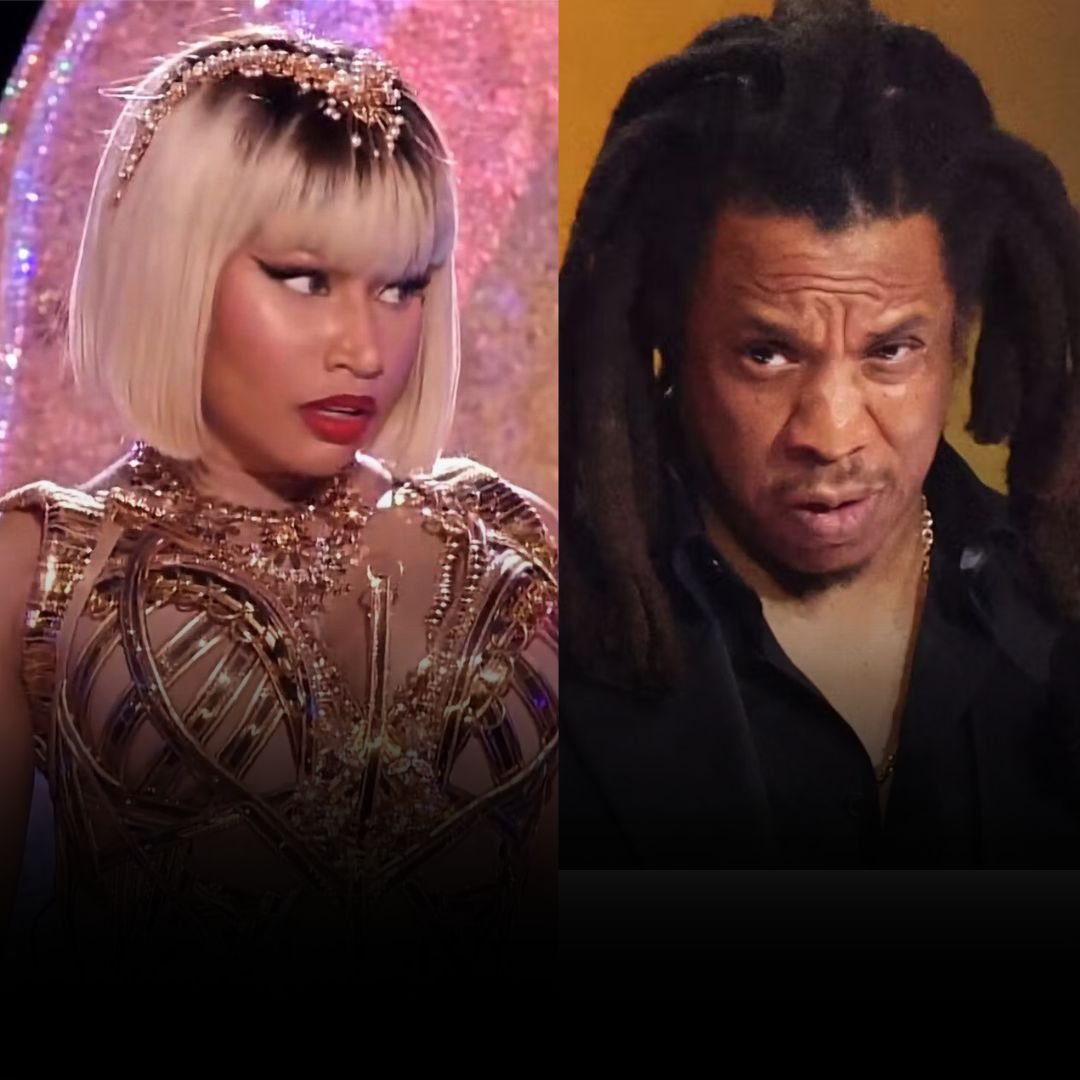
Nicki Minaj has once again set social media ablaze, this time targeting Jay-Z with a series of pointed tweets that allege he owes her an eye-popping $200 million. The outburst has reignited debates about artist compensation, industry transparency, and the ongoing power struggles within hip-hop’s elite circles.
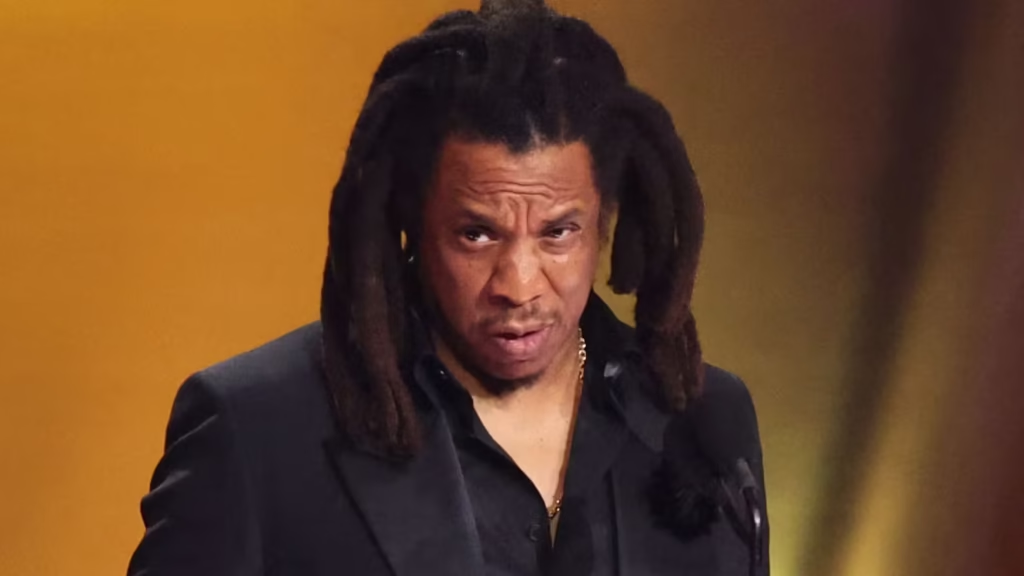
In a string of tweets, Minaj directly addressed Jay-Z, writing, “Jay-Z, call me to settle the karmic debt. It’s only collecting more interest. You still in my top five though. Let’s get it.” She went further, warning, “Anyone still calling him Hov will answer to God for the blasphemy.” According to Minaj, the alleged debt stems from Jay-Z’s sale of Tidal, the music streaming platform he launched in 2015 with a group of high-profile artists—including Minaj herself, J. Cole, and Rihanna.
When Jay-Z sold Tidal in 2021, Minaj claims she was only offered $1 million, a figure she says falls dramatically short of what she believes she is owed based on her ownership stake and contributions. She has long voiced dissatisfaction with the payout, but this is the most public—and dramatic—demand to date.
Minaj’s Twitter storm wasn’t limited to financial complaints. She also:
She expressed frustration that mainstream blogs and platforms don’t fully cover her statements, especially when they involve Jay-Z, and suggested that much of the coverage she receives is from less reputable sources.
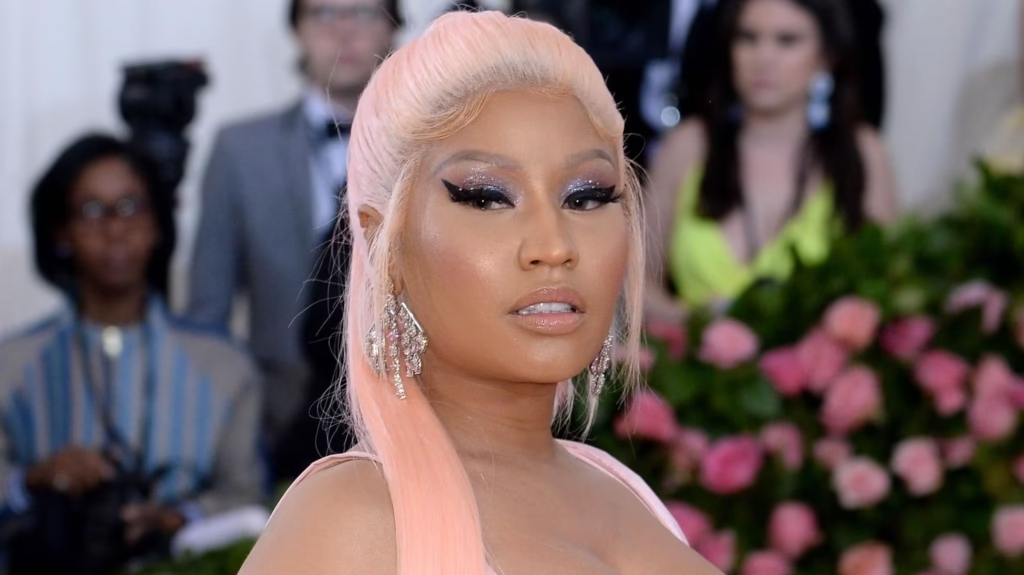
Minaj’s tweets took a satirical turn as she jokingly blamed Jay-Z for a laundry list of cultural grievances, including:
She repeatedly declared, “The jig is up,” but clarified that her statements were “alleged and for entertainment purposes only.”
Minaj also criticized Jay-Z’s political involvement, questioning why he didn’t campaign more actively for Kamala Harris or respond to President Obama’s comments about Black men. While Jay-Z has a history of supporting Democratic campaigns, Minaj’s critique centered on more recent events and what she perceives as a lack of advocacy for the Black community.
Adding another layer to her grievances, Minaj voiced disappointment that Lil Wayne was not chosen to perform at the Super Bowl in New Orleans, a decision she attributes to Jay-Z’s influence in the entertainment industry.
Despite the seriousness of her financial claim, many observers note that if Minaj truly believed Jay-Z owed her $200 million, legal action—not social media—would likely follow. As of now, there is no public record of a lawsuit or formal complaint.
Some fans and commentators see Minaj’s outburst as part of a larger pattern of airing industry grievances online, while others interpret it as a mix of personal frustration and performance art. Minaj herself emphasized that her tweets were “for entertainment purposes only.”
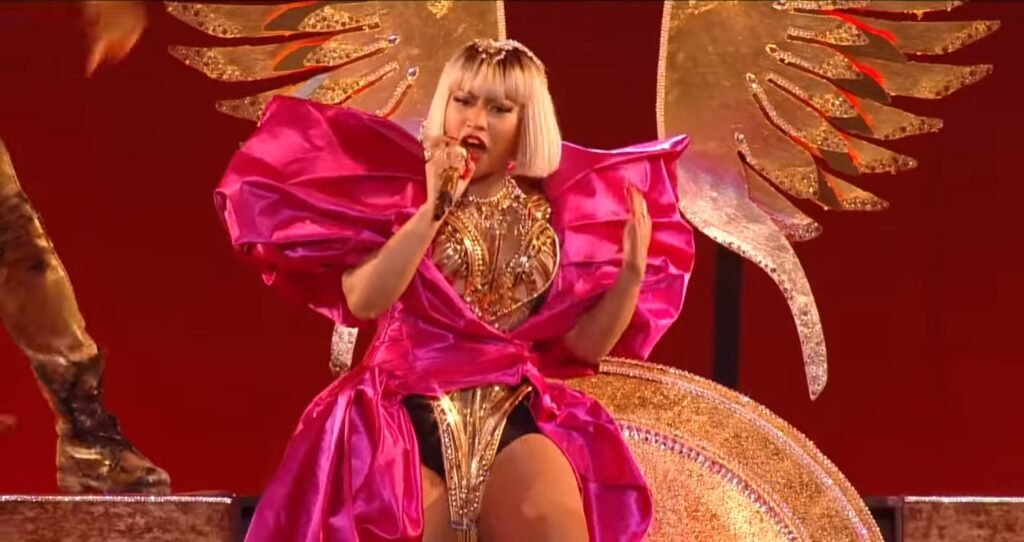
Nicki Minaj’s explosive Twitter rant against Jay-Z has once again placed the spotlight on issues of artist compensation and industry dynamics. Whether her claims will lead to further action or remain another dramatic chapter in hip-hop’s ongoing soap opera remains to be seen, but for now, the world is watching—and tweeting.

YouTube’s latest policy update, effective July 15th, has sent shockwaves through the AI and faceless channel community. Social media is buzzing with claims that “AI channels are dead,” while others express relief or confusion. If you’re a YouTube creator using AI, you might be wondering: Is this the end, or just another evolution? Here’s what you need to know—and how you can adapt to thrive in this new landscape.

YouTube’s update targets mass-produced, repetitive, and low-effort content—not AI itself. The company clarified that these rules are not new but are being enforced more strictly with improved detection tools. The main focus is on content that:
YouTube’s response to creators’ concerns emphasized that AI is not banned, but unoriginal, spammy content is—and always has been—ineligible for monetization.
Channels most affected by this update typically:
Examples include “revenge story” channels or those uploading unedited compilations and meditation tracks without original contributions. Such channels are now more likely to lose monetization or face removal.

YouTube aims to:
This approach aligns with long-standing YouTube Partner Program policies and legal doctrines like fair use, which require transformative use of source material.
YouTube is not against AI. In fact, Google (YouTube’s parent company) invests heavily in AI tools. The key is to use AI as a creative assistant, not a replacement for originality. Here’s what successful channels do:

This policy update isn’t the end of AI channels—it’s the end of low-effort, easily automated content. If you’re committed to creating genuine value, using AI as a tool (not a crutch), and building a real brand, you’re not just safe—you’re set up for long-term success on YouTube.


Pros and Cons of the Big Beautiful Bill


What SXSW 2025 Filmmakers Want Every New Director to Know
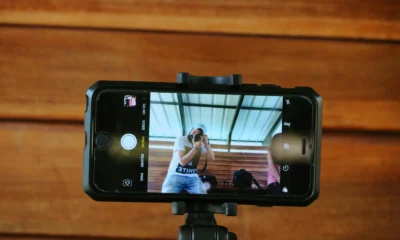

Filming Yourself and Look Cinematic


Father Leaps Overboard to Save Daughter on Disney Dream Cruise


Bolanle Newsroom Brief: Israel Strikes Iran’s Nuclear Sites — What It Means for the World


McCullough Alleges Government Hid COVID Vaccine Side Effects


Why 20% of Us Are Always Late


How to Find Your Voice as a Filmmaker